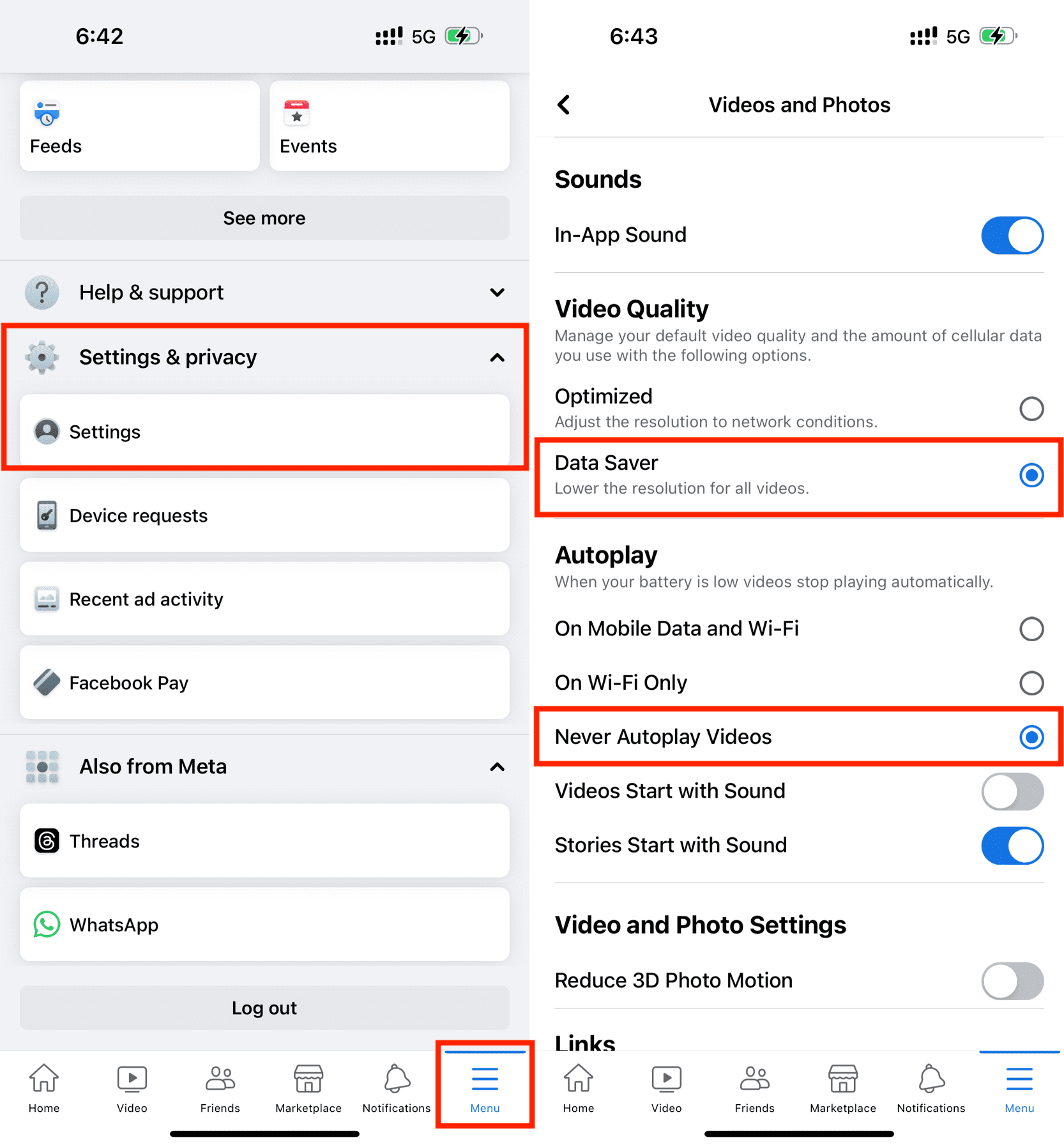Viral Posts Won't Stop Meta AI From Using Your Data: Here's What Will
Every now and then a viral message declaring that Facebook and Meta don't have permission to access the users' photos and content infects feeds worldwide. It doesn't work, and never will—but that doesn't stop new versions of the debunked meme appearing; this time, it's taking aim at Meta AI and how it uses your data for training.
In short, posting this message to your Facebook feed doesn't do anything because that's not how Facebook or Meta's terms and conditions work. If you're using the platform, you're automatically giving Meta permission to use your data, images, interactions, and more to help shape their product and sell advertising.

The Misconception
The original version of this message targeted Meta's (then still named just "Facebook") general data collection, suggesting that if you posted the message to your wall, Meta would auto-magically stop using your data automatically. Of course, that's not how it works, and Meta's data collection remains as in-depth as ever.
While the overall message is completely off-base, the assumptions on how Facebook works are also completely wrong: copying and pasting a message doesn't "upgrade the system."
Meta AI Launching Soon
Meta is all set to introduce AI chatbots with distinct personas, which will be integrated across its products like Facebook, WhatsApp, and Instagram for enhanced user experience.

Opting Out of Data Collection
The big difference with Meta AI's data training is that there is actually a way to opt out of having your data used. At least, there is depending on where you live.
Unfortunately, at the current time, US-based Facebook users cannot opt out of Meta's AI training data collection. Data collection and privacy laws in the US are famously weak, and because of this, Meta isn't required to provide a way to protect your data.

However, if you're in the EU or UK, the Facebook Data Subject Rights Form will actually tell Meta that you don't want them to use your data.
My cynical side believes it's a placebo, but the EU's GDPR is strong enough that Meta has to provide the option. But for the rest of the world, the only way to avoid Meta's data collection is to remove yourself from its platforms, which, let's face it, is easier said than done.




















